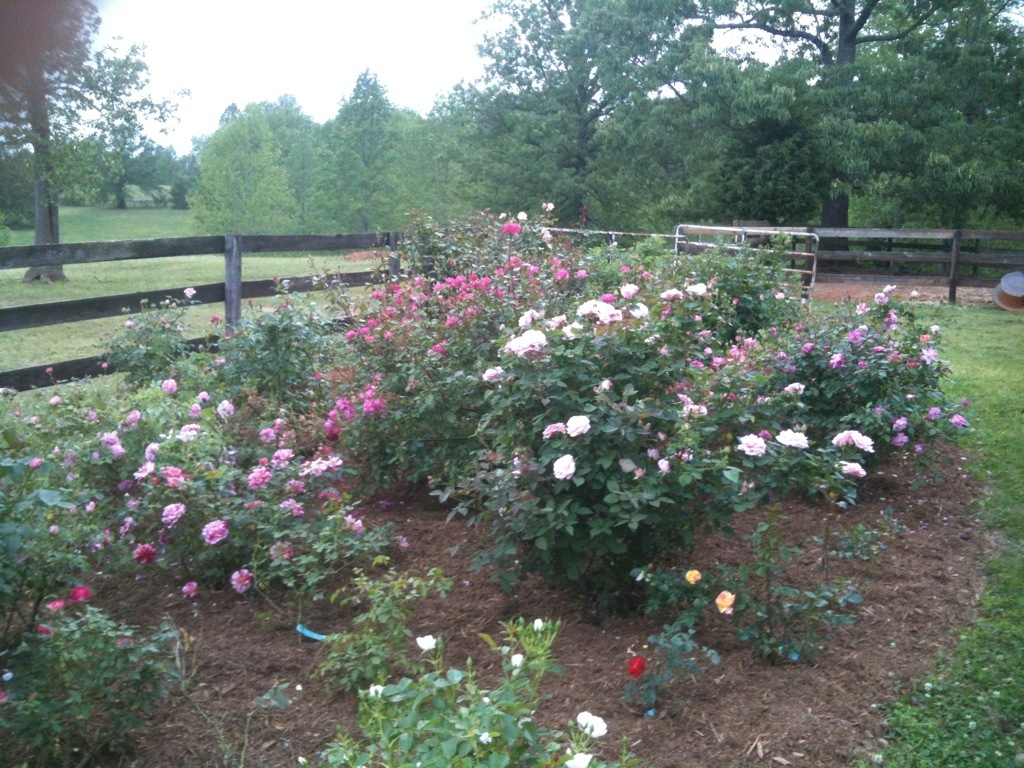
Photo/Illustration: Paul Zimmerman Roses

Photo/Illustration: Paul Zimmerman Roses
The old thinking on roses was to focus on amending only that 2-foot by 2-foot hole. No longer. I want you to focus on the entire planting area, particularly if it is a new bed or you are totally replacing an old one.
More and more studies are highlighting the symbiotic relationship between plant life and the soil’s microorganisms, the most widely discussed being mycorrhiza. Knowing what they do and how they work will help you better understand why preparing the entire bed is paramount.
The simplest explanation I ever received was this. Mycorrhiza are naturally occurring beneficial fungi that attach themselves to the roots of the plant. They put out tendrils that can go into the soil well beyond the plant’s roots. They channel water and nutrients back to the plant, and in exchange receive sugars such as glucose and sucrose from the plant. Because the plant’s reach is now well beyond its root system it can better withstand drought, bring in more minerals and nutrients, and thereby enhance its own inner immune system. Simply put, healthier roses are better able to withstand whatever nature throws their way. This approach is known as probiotics.
Now you also know the reason why the “big hole, replace with sterilized soil” proclamation actually does more harm than good!
Achieving this “living soil” profile in the entire bed before planting is actually quite simple. In fact, nature started working on it for you a few million years ago! Unless you have been constantly spraying your soil with fungicides and chemicals, the mycorrhiza are already there. To enhance the effect, I have a simple recipe.
It starts with compost, and there are many sources. You can make your own. If you live near horse farms, use old rotted manure. Many municipalities are breaking down green waste and making it available for free to residents. Mushroom compost is also good. Whatever you use, make sure it is not sterilized. Also avoid bagged manure from factory farms, which is high in salts.
Spread the compost over the entire bed to a depth of 2 to 4 inches, then till or fork it in. Don’t beat it to death like a smoothie, just gently work in so as to not greatly disturb the existing microorganisms already hard at work. What you are adding with the compost is simply more rich food for those beneficial fungi and, through them, your roses.
If you aren’t sure about the previous history of your soil and are worried it may have become sterile, I would highly advise adding additional mycorrhiza. There are many great organic products out there they do just that. Check with your local garden center or search around on the internet. Many are in liquid form that you simply drench the ground with after you work in the compost.
Ideally you would do all of this a month or more before you plant the bed. That time frame gives the soil a chance to settle and the microorganisms to get established.
Preparing your soil properly will take a little time and yes, expense. But think of it this way. You can spend a little time and money now to lay a strong foundation by working with nature so your roses are naturally healthy on their own or you can spend a small fortune on chemical fertilizers and fungicides later when they struggle in poor soil. What’s the cheapest way to deal with cold season: Vitamin C now or antibiotics later? Ditto for roses!
Fine Gardening Recommended Products
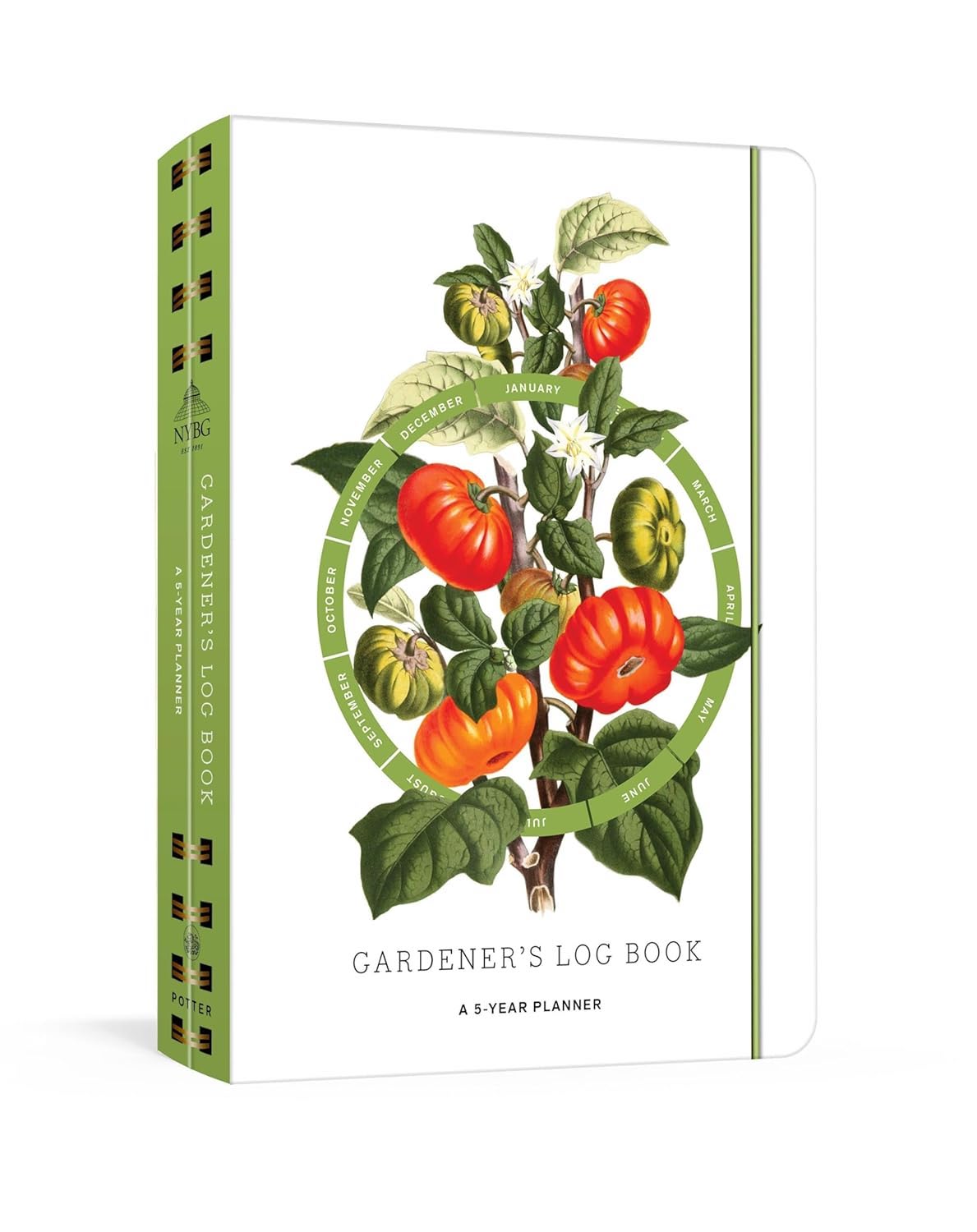
Gardener's Log Book from NYBG
Fine Gardening receives a commission for items purchased through links on this site, including Amazon Associates and other affiliate advertising programs.
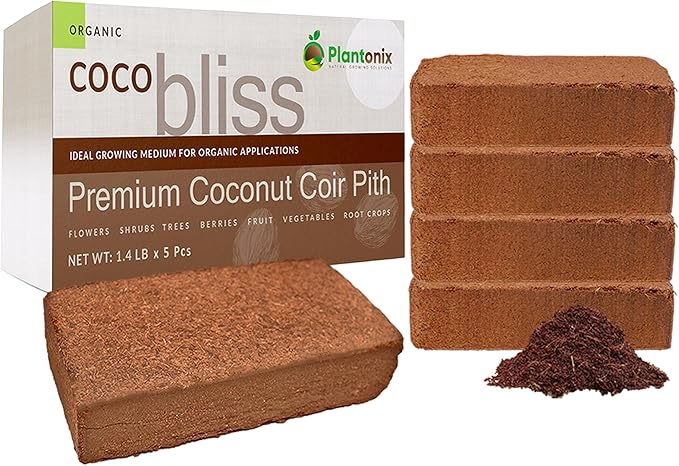
Coco Bliss 650gm Bricks (5-Pack) - Organic Coco Coir
Fine Gardening receives a commission for items purchased through links on this site, including Amazon Associates and other affiliate advertising programs.

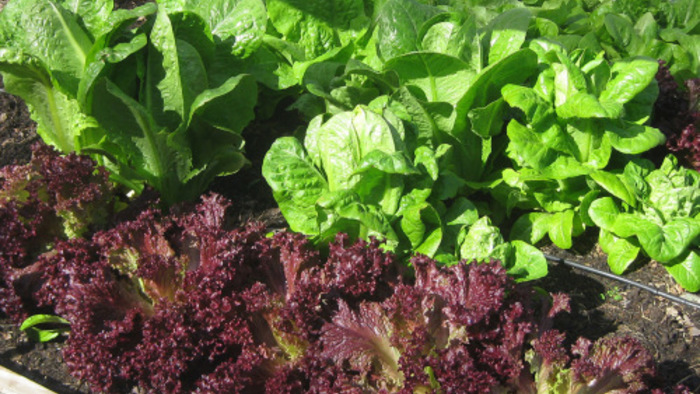
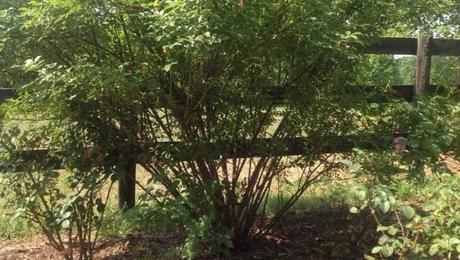
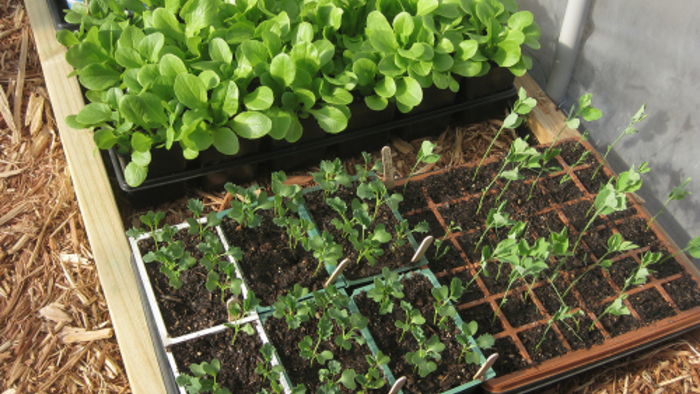


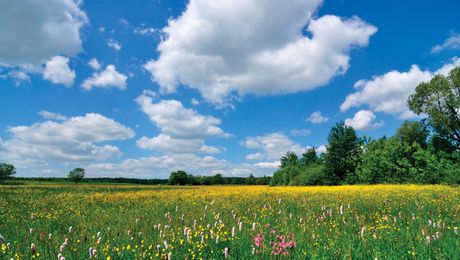
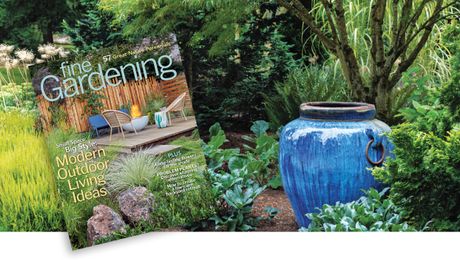










Comments
Soil preparation is so important! The photo of your beautiful rose bed is living proof.
Thank you!
This is my second year planting roses. I do have unlimited black old horse manure. My plan this spring is to work it into all my gardens. So happy to read you recommend this. I have one knock out, and one red tea rose. I have ordered 2 David Austin roses. JF Kennedy white and a mellow yellow.
I have to move the tea rose this spring. I am looking forward to creating a true rose garden. Thank you for your advise.
Hi Paul, Wonderful information! I have sent a comment and an email regarding, 'quoting you', with your permission, in the Greater Toronto Rose & Garden Society newsletter, but I may have posted to wrong addresses. Thank you for your response.
Iris Hazen, GTRose, President
Log in or create an account to post a comment.
Sign up Log in